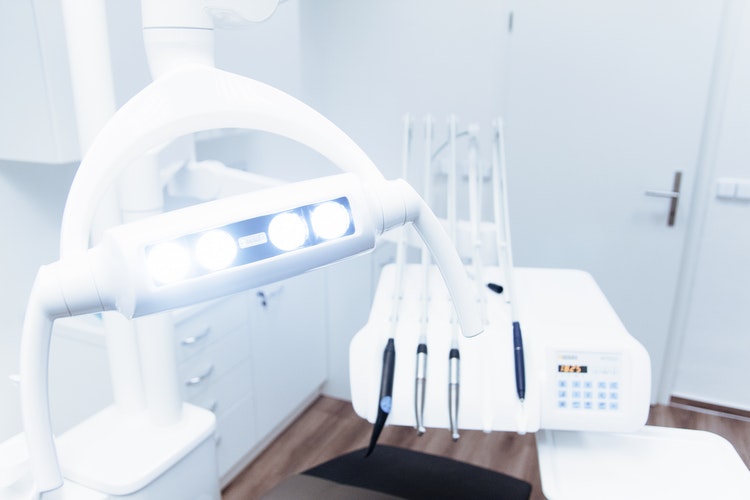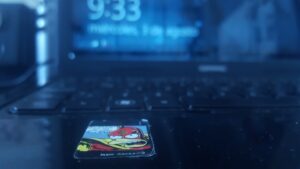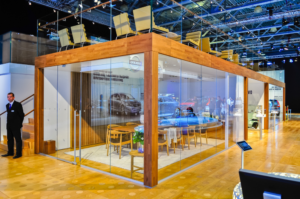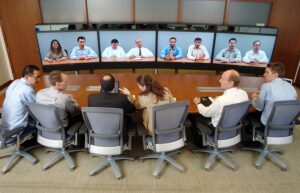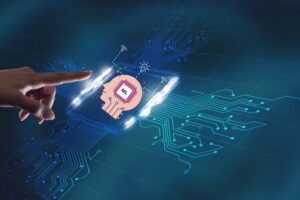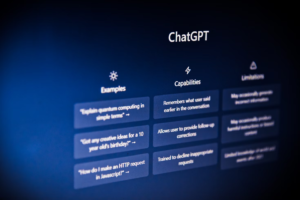The healthcare industry is seeing a revolution of sorts with the advent of the internet of things. Previously, doctors were limited with what they could do but with the help of the digital transformation and the internet of things, they can work more efficiently and effectively.
For example, patient diagnoses will have a more accurate medical analysis than before because the new technology can calculate, track, and record in a more effective manner.
“The internet of things will be the next big thing in the field of medicine or healthcare. ”
How is IoT Affecting the Health Care Industry?
The internet of things has revolutionized the medical industry in numerous aspects. Due to advanced technology, lives are being saved. Smartwatches that go on wrists have built-in sensors that can monitor the user’s heart rate, and call an emergency number if something unfortunate occurs. Smartphones can track sleeping patterns and help fix the sleep cycle.
The app store contains telemedicine applications that allow users to consult specialists virtually for their anxiety and other issues related to mental wellbeing. Patients can jump on video consultations through tablets and phones with doctors who are continents away, get e-prescriptions, and share medical reports with one click. Nevertheless, these examples are just the tip of the iceberg.
To support the intricate workings of the internet of things in any health organization a good internet service will be needed. Several ISPs offer internet facilities but you need a reliable provider that can support all your online activities on multiple devices. This is where spectrum internet comes with its affordable yet excellent high-speed internet service. Charter Spectrum internet bundles allow unlimited data consumption and support multiple devices simultaneously.
Remote Monitoring
One of the best advantages that doctors experience with this invention is how they can perform procedures remotely. They do not necessarily have to be at the exact location. The internet of things and the latest technology has made remote operations possible for the doctors.
It means that doctors do not have to be present in the operating room (at one place, one time) to work. They can handle multiple patients, simultaneously. This will help strengthen the field of medicine. Several deaths occur because of a doctor’s late arrival, distractedness, and other related reasons.
Remote patient monitoring has become more common. In fact, there has been an increase since 2010, proving how successful it has been. However, how has it benefitted doctors, nurses, and healthcare workers? Communication for one.
If there is an emergency and the doctor is busy, they can now quickly restructure and update the schedule for all doctors on call. These types of situations will be automated, no supervisor will make readjustments nor will an email need to be sent.
Constant Monitoring
Previously, doctors had to diagnose patients on a daily, weekly, or even monthly basis. The internet of things has made “ongoing monitoring” possible for doctors.
This means that if some patients need to get their heart rate checked then they do not have to make several visits to the hospital, their check-up and diagnosis will be performed through the internet of things.
Online Monitoring
As mentioned before, the diagnosis will be independent of direct visits to the doctor, patients will not have to make appointments with doctors. There will be other modes of communication and online treatment coaching will help patients perform the service on their own.
Treatment channels will provide patients with the directions, which they will need to follow as their ongoing monitoring reports the condition of their disease.
Conclusion
In June 2018, patients were treated using tools such as Bluetooth enabled weight scale, a symptom tracking application, and a blood pressure cuff. For people suffering from diabetes, smart continuous glucose monitoring exists which sends the recorded data to loved ones and healthcare providers.
Inhalers for asthma patients exist that give allergen forecasts! Similarly, smart contact lenses can monitor many parts of the body and inform both the user and the doctor of unusual and alarming occurrences.
We have taken a huge leap into the future – if you think that this is the end of it, think again. From Apple developing a smartwatch that monitors depression and Parkinson’s disease to doctors having virtual clinics – the possibilities are endless!

